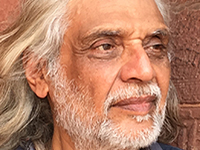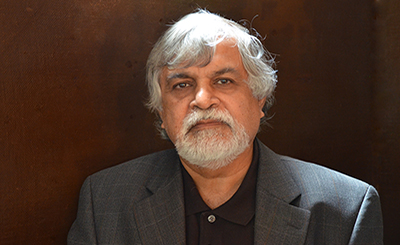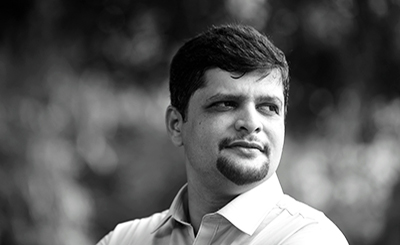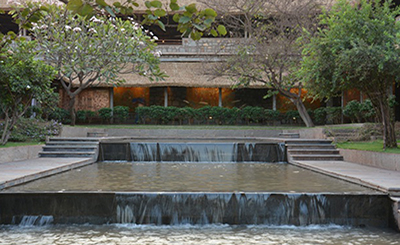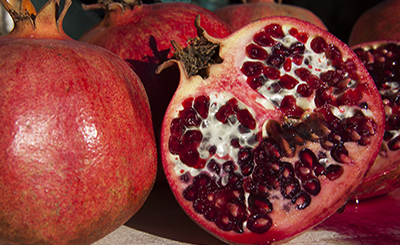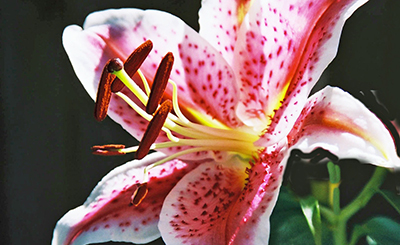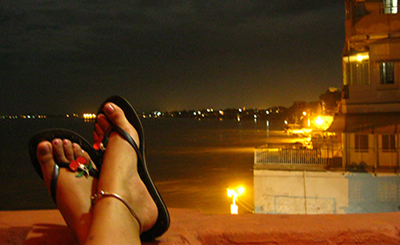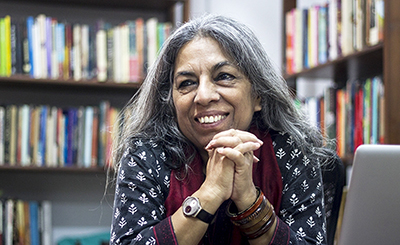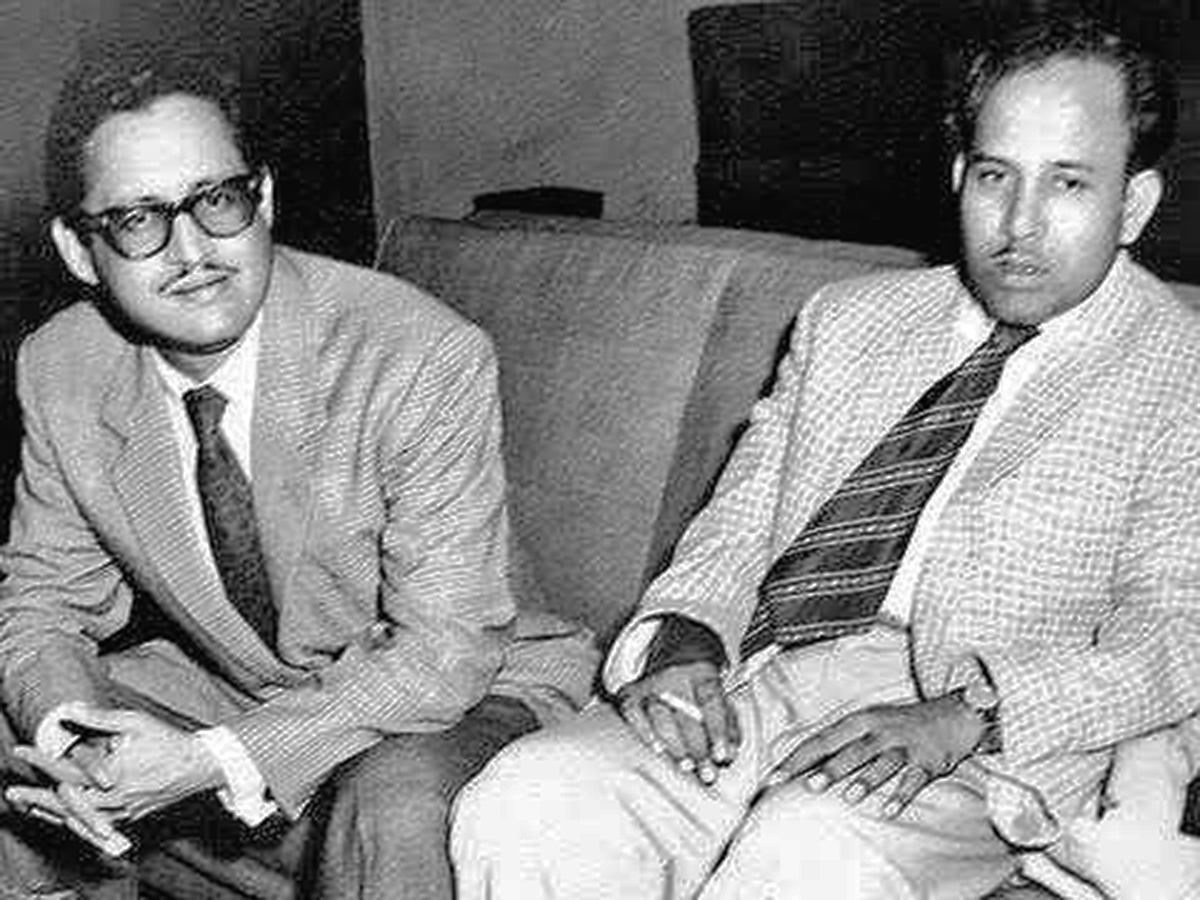
Guru Dutt and Abrar Alvi
“Ye duniya agar mil bhi jaye to kya hai.
(What if I do get this world, so what after...)”
A question that must have equally plagued Abrar.
Bollywood is a series of journeys. Journeys of mind, heart and soul. Journeys intertwined and interdependent on each each other. Journeys which have created memorable destinations. There are individual journeys and composite journeys.
Abrar Alvi and Guru Dutt being one such composite journey. I will not be tempted to talk of more journeys for Bollywood is full of them, as films are not made alone.
Just this one combination through the pen of Sathya Saran has unfolded in our minds with many others that touched them and the era that was conjured around them. Some of it was part of my nostalgia too and much of it a generation before me.
Bollywood has the power and potential of a heady behind the scene world which no other field has ever had. Successes and failures. Both equally intriguing. Essentially because most of its characters dwell in public domain.
Through this book, Sathya has touched with her journalistic and fictional prowess the core of a new genre of writing. She has gone into the essence of two interdependent personalities and created a magic of human drama which is very imaginative, informative and at the same time proactive. Through the mind of Abrar and the reality of Dutt's work she has woven an evocative past that will be a milestone in Bollywood history. A sense of record being lost to time.
Those were days of romance. Cinematography and production design was not evolved enough to create a credible and engrossing production values and high action drama on screen. Emotion was therefore the strongest tool in the hand of film art. Lyrics, songs and dialogue ruled cinema and in the name of Hindi Cinema, Urdu was the reigning queen with melody her tiara.
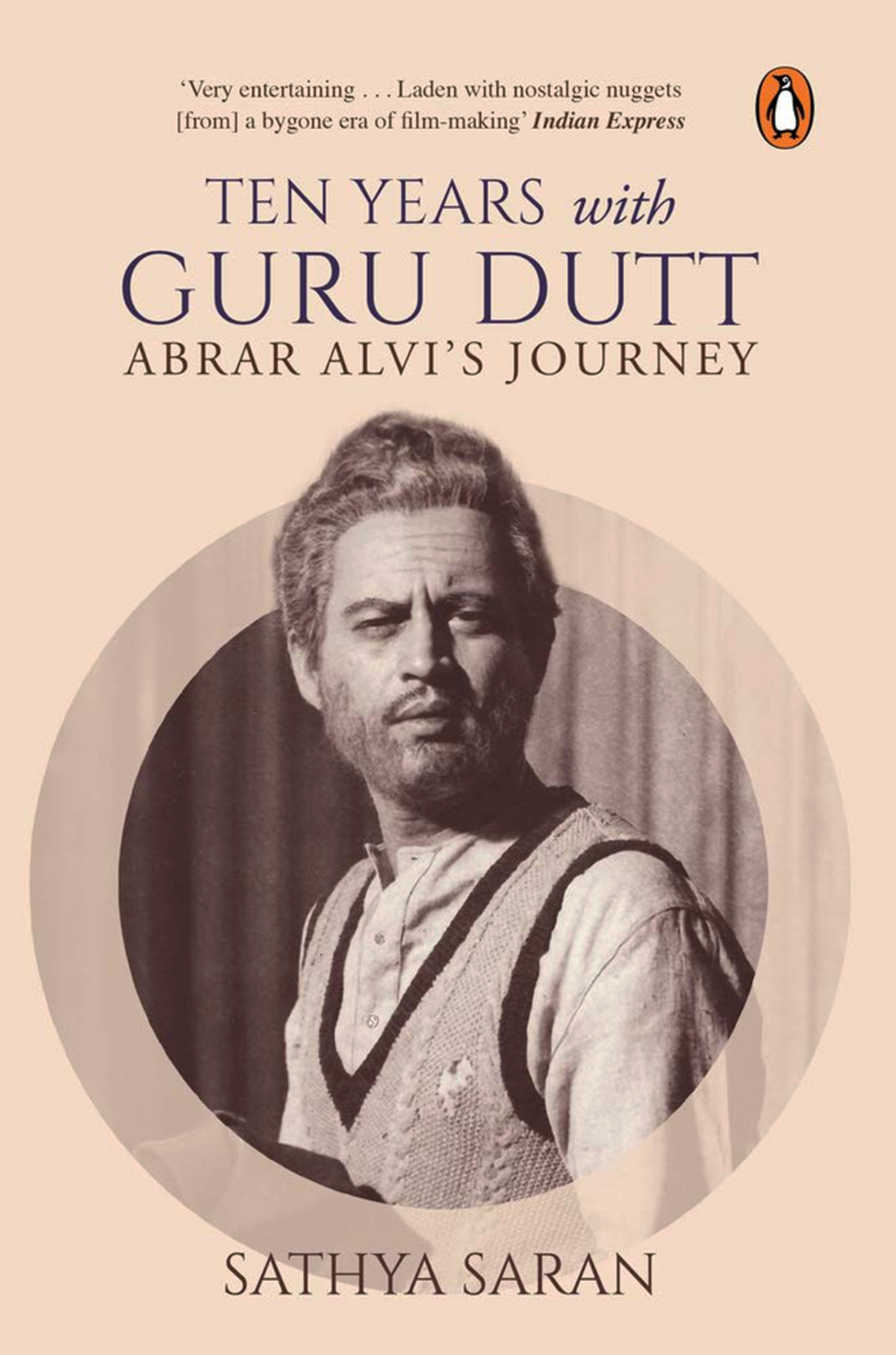
The romantic Bengal and south were pulled to Bollywood to fulfill their dreams and destiny. Each dreamer needed another dreamer who could create love and drama in the realm of Urdu, the reigning uncrowned Empress of Bollywood. Guru Dutt a dreamer, with Konkani as his mother tongue and fluency in Bengali, who needed a Raj Khosla and an Abrar Alvi to make his for lack of in-depth command over Urdu. Over time, Abrar proved to be so indispensable to Guru Dutt that these two existences you began to feel like one journey.
There was a sense of loyalty in Abrar, a commitment to his guru often conspicuous in the film industry by its absence. This made most Bollywood characters insecure and ugly.
Though Alvi had a strong grip on the mind of Guru Dutt he never exploited this position. Instead we get a incisive unfolding of many minds that made a film. Minds that were part of Guru Dutt and thus part of Abrar. People from whom Abrar learnt as an artist and a technician. Which later made him direct Sahib, Bibi aur Ghulam. Giants were always treated like giants.... people like people... Murti, Majrooh. Minds that touched his soul... Johnny Walker, Waheeda Rahman... His wife, Geeta Dutt. But everybody through Abrar was an objective experience for Guru Dutt. He balanced everyone out for Guru Dutt. Except when alcohol got the better of him! He was then in a state beyond his state. A state that consumed him, his art and his position in the world of his art and his all consuming world of his muse.
This has been the state of all emotional and sensitive artistes in an undercooked and yet overcooked duniya of movies in Bombay. A world that sucks you into it and leaves you unsung and unwanted. A world that you begin to question. You lose that sense of beauty and direction which drives you through the highway of this art. To that question the answer that resonates is that it is better to die young and in limelight than old and unwanted...
“Ye duniya agar mil bhi jaye to kya hai.”
Note: In Ten Years with Guru Dutt: Abrar Alvi's Journey, Sathya Saran looks at the tumultuous yet incredibly fecund relationship between the mercurial director and his equally talented, albeit unsung, writer — a partnership that evolved over a decade until Dutt's tragic death in 1964. The book was originally published in 2008. Its paperback edition was released in January last year by Penguin India.
More from The Byword
Comments
*Comments will be moderated



